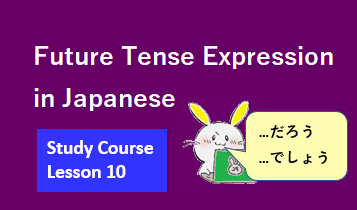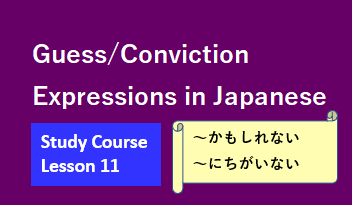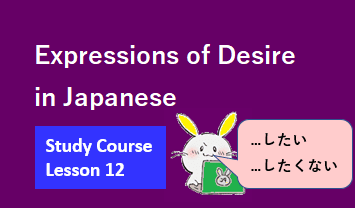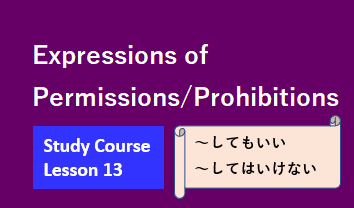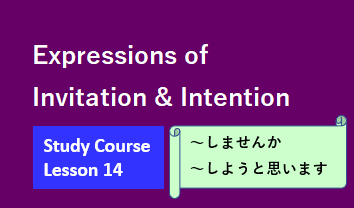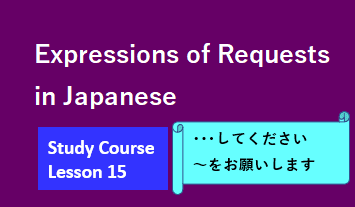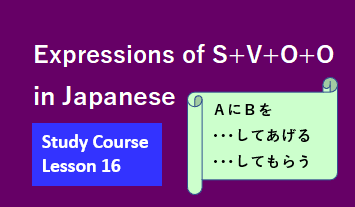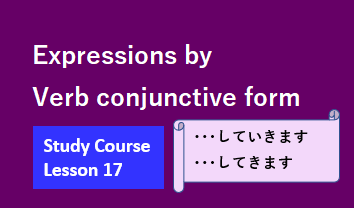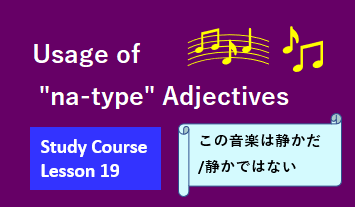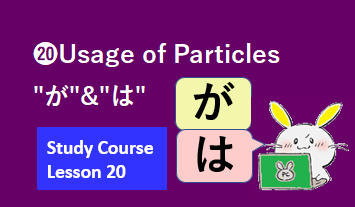Japanese Study Course Lesson18

There are two types of Japanese adjectives: i-type and na-type. In Lesson 18, we will first study the usage of i-type adjectives. For example, it is an adjective used like "赤いリンゴ(a red apple)" or "高い山(a high mountain)". It can also be used as an adjective predicate sentence, such as "このリンゴは赤い。(This apple is red.)".
18-1 Noun modification
Noun modification ➡ "i-type adjective + noun": ex. 赤いリンゴ(a red apple)

Noun modification ➡ "i-type adjective + noun": ex. 高い山(a high mountain)

Japanese practice
English explanation
18-2 Adjective Predicate Sentence (present tense)
Adjective predicate sentence “A( subject )が/は B( adjective )。”
We studied adjective predicate forms in lesson 3.
(1)Affirmative form
Affirmative form ➡ “このリンゴは赤い。(This apple is red.)”

- This apple is red.
- Ordinary:このリンゴは赤い。
- Politely:このリンゴは赤いです。
- Adding the auxiliary verb "です" to the end of the i-type adjective predicate sentence makes it more polite.
Japanese practice
English explanation
(2)Negative form
Negative form ➡ “このリンゴは赤くない。(This apple is not red.)”

- This apple is not red.
- Ordinary:このリンゴは赤くない。
- Politely➀:このリンゴは赤くないです。
- To make the negative form of the i-type adjective, replace "い" with "く" and add the negative auxiliary verb "ない".
- Adding the auxiliary verb "です" to the end of the i-type adjective predicate sentence makes it more polite.
- Politely➁:このリンゴは赤くありません。
- To make another polite negative form of the i-type adjective, replace "い" with "く" and add a collocation phrase for polite negation "ありません" at the end of the sentence.
Japanese practice
English explanation
English explanation
◆Detailed explanation
- Ordinary:このリンゴは赤くない。
- このリンゴ(subject)+は(nominative particle)+赤くない(adjective predicate)。
- 赤くない(adjective predicate)➡赤く(i-type adjective "赤い", negative form)+ない(auxiliary verb, negation)
- Politely➀:このリンゴは赤くないです。
- このリンゴ(subject)+は(nominative particle)+赤くないです(adjective predicate)。
- 赤くないです(adjective predicate)➡赤く(i-type adjective "赤い", negative form)+ない(auxiliary verb, negation)+です(auxiliary verb, polite affirmation)
- Politely➁:このリンゴは赤くありません。
- このリンゴ(subject)+は(nominative particle)+赤くありません(adjective predicate)。
- 赤くありません(adjective predicate)➡赤く(i-type adjective "赤い", negative form)+ありません(collocation phrase, polite negation)
- ありません(collocation phrase, polite negation)➡あり(verb "ある", consecutive form)+ませ(auxiliary verb "ます", polite, negative form)+ん(auxiliary verb, negation)
◆Vocabulary note
| 赤い :(i-type adjective) red リンゴ:(noun) apple |
(3)Interrogative form (Question)
Interrogative form ➡ “この料理は辛いですか。(Is this dish spicy?)”

- Is this dish spicy?
- Ordinary:この料理は辛いか。
- Politely:この料理は辛いですか。
- Adding the auxiliary verb "です" after the i-type adjective makes it more polite.
Japanese practice
English explanation
◆Detailed explanation
- Ordinary:この料理は辛いか。
- Politely:この料理は辛いですか。
- この料理(subject)+は(nominative particle)+辛いか/辛いですか(adjective predicate)。
- 辛いか(adjective predicate)➡辛い(i-type adjective, basic form)+か(ending particle, question)
- 辛いですか(adjective predicate)➡辛い(i-type adjective, basic form)+です(auxiliary verb, polite affirmation)+か(ending particle, question)
◆Vocabulary note
| 料理:(noun) food/dish 辛い:(i-type adjective) spicy/hot |
18-3 Adjective Predicate Sentence (past tense)
(1)Affirmative form
Past Affirmative form ➡ “昨日は寒かったです。(It was cold yesterday.)”

- It was cold yesterday.
- Ordinary:昨日は寒かった。
- Politely:昨日は寒かったです。
- To make the past affirmative form of an i-type adjective, replace "い" with "かっ" and add the past particle "た".
- Adding the auxiliary verb "です" to the end of the i-type adjective predicate sentence makes it more polite.
Japanese practice
English explanation
◆Detailed explanation
- Ordinary:昨日は寒かった。
- Politely:昨日は寒かったです。
- 昨日(subject)+は(nominative particle)+寒かった/寒かったです(adjective predicate)。
- 寒かった(adjective predicate)➡寒かっ(i-type adjective "寒い", consecutive form)+た(auxiliary verb, past)
- 寒かったです(adjective predicate)➡寒かっ(i-type adjective "寒い", consecutive form)+た(auxiliary verb, past)+です(auxiliary verb, polite affirmation)
◆Vocabulary note
| 昨日:(noun) yesterday 寒い:(i-type adjective) cold |
(2)Negative form
Past Negative form ➡ “昨日は寒くなかったです。(It was not cold yesterday.)”

- It was not cold yesterday.
- Ordinary:昨日は寒くなかった。
- Politely➀:昨日は寒くなかったです。
- To make the past negative form of an i-type adjective, replace "い" with "く" and add the compound auxiliary verb "なかった".
- Adding the auxiliary verb "です" to the end of the i-type adjective predicate sentence makes it more polite.
- Politely➁:昨日は寒くありませんでした。
- To form another polite past negative form of the i-type adjective, replace "い" with "く" and add a collocation phrase for polite past negation "ありませんでした" at the end of the sentence.
Japanese practice
English explanation
◆Detailed explanation
- Ordinary:昨日は寒くなかった。
- 昨日(subject)+は(nominative particle)+寒くなかった(adjective predicate)。
- 寒くなかった(adjective predicate)➡寒く(i-type adjective "寒い", negative form)+なかっ(auxiliary verb "ない", negation, past form)+た(auxiliary verb, past)
- Politely➀:昨日は寒くなかったです。
- 昨日(subject)+は(nominative particle)+寒くなかったです(adjective predicate)。
- 寒くなかったです(adjective predicate)➡寒く(i-type adjective "寒い", negative form)+なかっ(auxiliary verb "ない", negation, past form)+た(auxiliary verb, past)+です(auxiliary verb, polite affirmation)
- Politely➁:昨日は寒くありませんでした。
- 昨日(subject)+は(nominative particle)+寒くありませんでした(adjective predicate)。
- 寒くありませんでした(adjective predicate)➡赤く(i-type adjective "赤い", negative form)+ありませんでした(collocation phrase, polite past negation)
- ありませんでした(collocation phrase, polite past negation)➡あり(verb "ある", consecutive form)+ませ(auxiliary verb "ます", polite, negative form)+ん(auxiliary verb, negation)+でし(auxiliary verb "です", polite affirmation, past form)+た(auxiliary verb, past)
18-4 Adjective Predicate Sentence (AはBが〇〇)
AはBが〇〇 ➡ “私は歯が痛い。(I have a toothache.)”

- I have a toothache.
- Ordinary:私は歯が痛い。
- Politely:私は歯が痛いです。
- Adding the auxiliary verb "です" to the end of the i-type adjective predicate sentence makes it more polite.
Japanese practice
English explanation
◆Detailed explanation
- Ordinary:私は歯が痛い。
- Politely:私は歯が痛いです。
- 私(title)+は(title particle)
- 歯(subject)+が(nominative particle)+痛い/痛いです(adjective predicate)。
- 痛い(adjective predicate)➡痛い(i-type adjective, basic form)
- 痛いです(adjective predicate)➡痛い(i-type adjective, basic form)+です(auxiliary verb, polite affirmation)
◆Vocabulary note
| 歯 :(noun) tooth 痛い:(i-type adjective) painful |
Can you say the following sentence in Japanese?
"Yesterday, my tooth hurt, so I rushed to the dentist. Today, it doesn't hurt." Now, you will try saying:
「昨日、私は歯が痛かったので、急いで歯医者に行きました。今日は痛くありません。」

Japanese practice

Today's lesson ends here. Ladies and gentlemen, did you understand today's theme "Usage of i-type adjectives"? Next time, we will study "Usage of na-type adjectives." See you!
See you next lesson!

English explanation
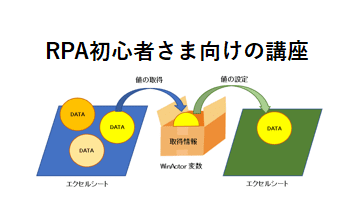

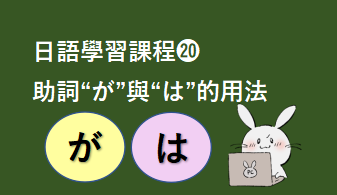






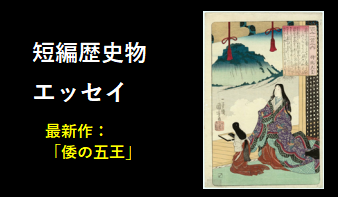
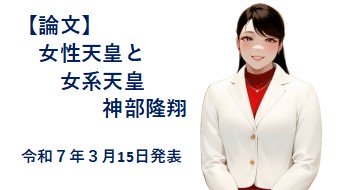



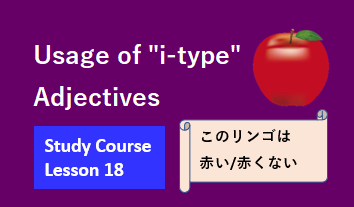


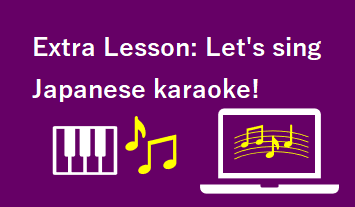
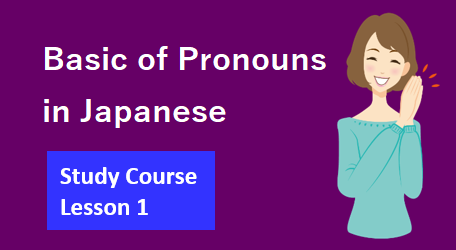
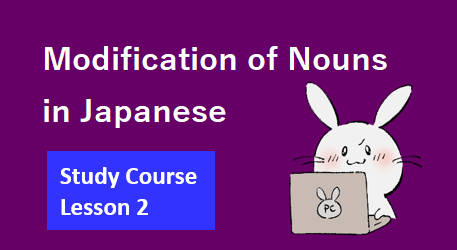

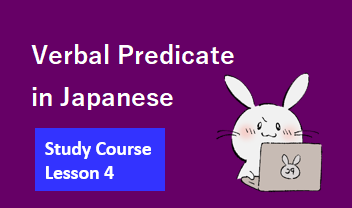
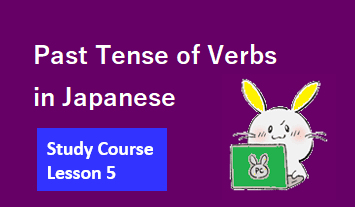
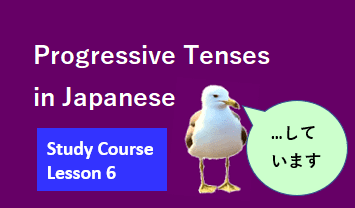
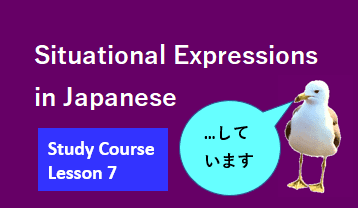
![❽Possible Expressions [1]](https://ryusho-kanbe.com/wp-content/uploads/2023/04/スクリーンショット-2023-04-03-100754.png)
![❾Possible Expressions [2]](https://ryusho-kanbe.com/wp-content/uploads/2023/04/スクリーンショット-2023-04-28-095816.png)
